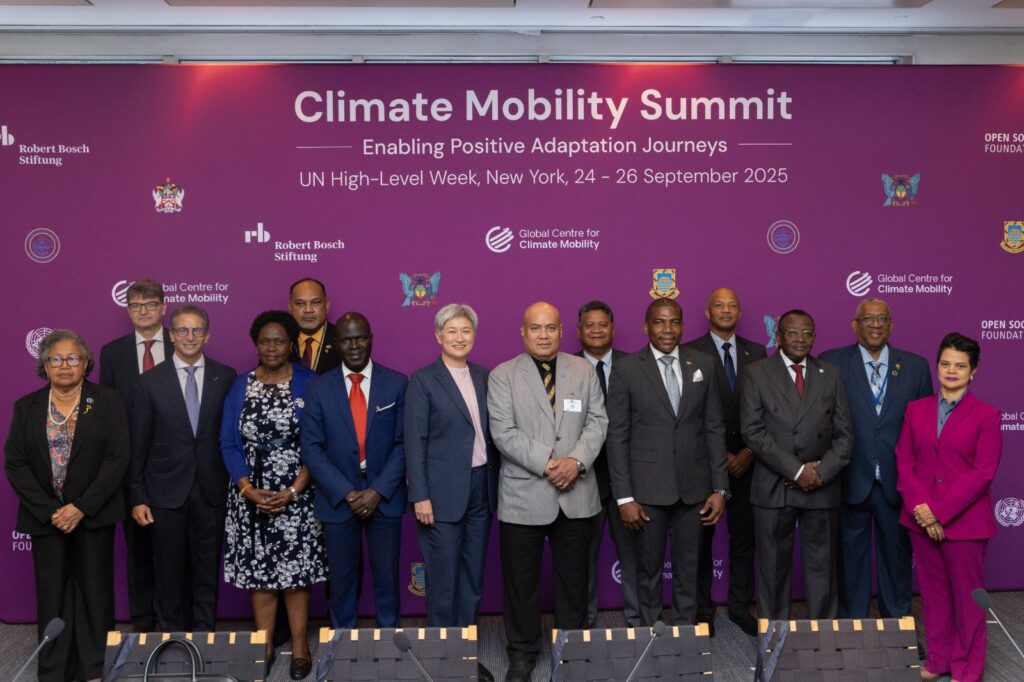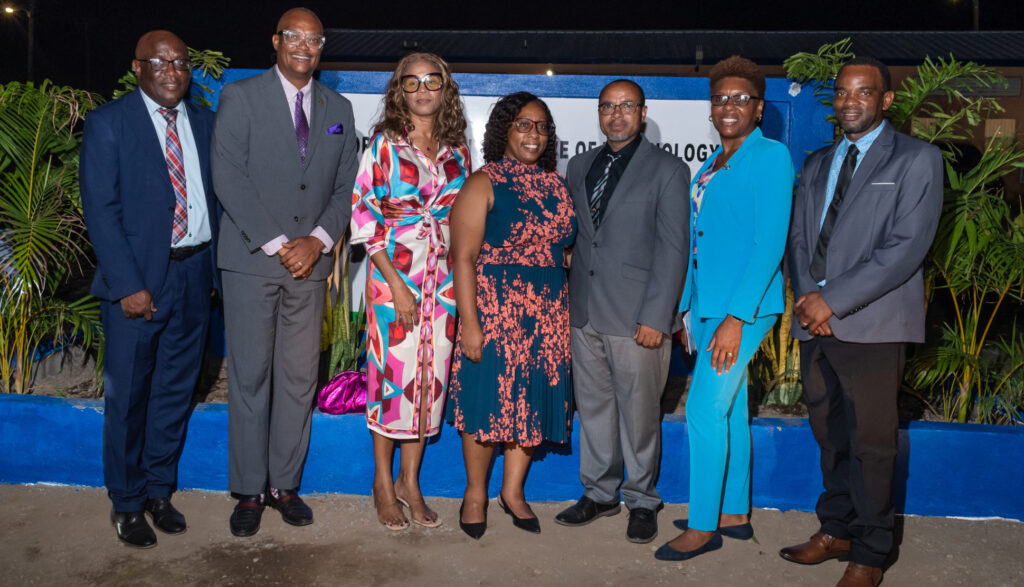Brazil Reaches 700,000 COVID-19 Fatalities, Marking the Second Highest Global Death Toll
Brazil has reached a grim milestone in its battle against COVID-19, officially recording 700,000 deaths attributed to the virus. This tragic figure places Brazil second only to the United States in terms of COVID-19 fatalities, a stark reminder of the pandemic’s devastating impact. While the daily death toll has significantly decreased from its peak, the cumulative loss of life casts a long shadow over the nation. The current situation underscores the critical role of vaccination and highlights the vulnerabilities of those with pre-existing conditions.
Health experts in Brazil emphasize that a significant proportion of recent COVID-19 deaths are occurring among individuals who either chose not to be vaccinated or who were already grappling with other serious health issues. This observation underscores the effectiveness of vaccines in preventing severe illness and death from COVID-19, even as new variants emerge. It also emphasizes the increased susceptibility of individuals with compromised immune systems or underlying health conditions. The widespread availability of vaccines in Brazil, as highlighted by the Ministry of Health, further emphasizes the missed opportunities to prevent these tragic outcomes.
The Brazilian government’s handling of the pandemic, particularly under former President Jair Bolsonaro, has drawn considerable criticism. Bolsonaro’s public stance against vaccination, his own infection with the virus, and his disregard for public health measures like mask-wearing and social distancing sent mixed messages to the population and arguably undermined efforts to control the spread of the virus. Health Minister Nisia Trindade has pointedly criticized the previous administration’s approach, emphasizing the importance of coordinated action, proactive care, and consistent treatment strategies.
Trindade’s call for unity and a forward-looking approach underscores the need to learn from past mistakes and prevent future tragedies. She advocates for a more cohesive and effective public health response, recognizing the vital role of government leadership in guiding the nation through health crises. This sentiment resonates with the broader call for accountability for those whose actions or inaction contributed to the severity of the pandemic’s impact in Brazil.
Experts like Miguel Lago, executive director of the Institute for Health Policy Studies, argue that reaching the 700,000 death mark necessitates a thorough examination of the failures and deliberate acts that exacerbated the crisis. Lago asserts that public officials who neglected their responsibilities or actively hindered efforts to combat the virus should be held accountable. This call for accountability reflects a broader societal demand for transparency and justice in the wake of the pandemic’s devastating toll.
Brazil’s experience with COVID-19 serves as a cautionary tale for the global community. The convergence of vaccine hesitancy, political polarization, and a fragmented public health response created a perfect storm that allowed the virus to spread rapidly and claim hundreds of thousands of lives. The ongoing debate over accountability and the urgent need to strengthen public health infrastructure highlight the long-lasting consequences of the pandemic and the critical importance of proactive and unified strategies in mitigating future health crises. The 700,000 lives lost represent not just a statistic, but a profound collective loss that demands reflection, accountability, and a renewed commitment to protecting public health.
Share this content:












Post Comment